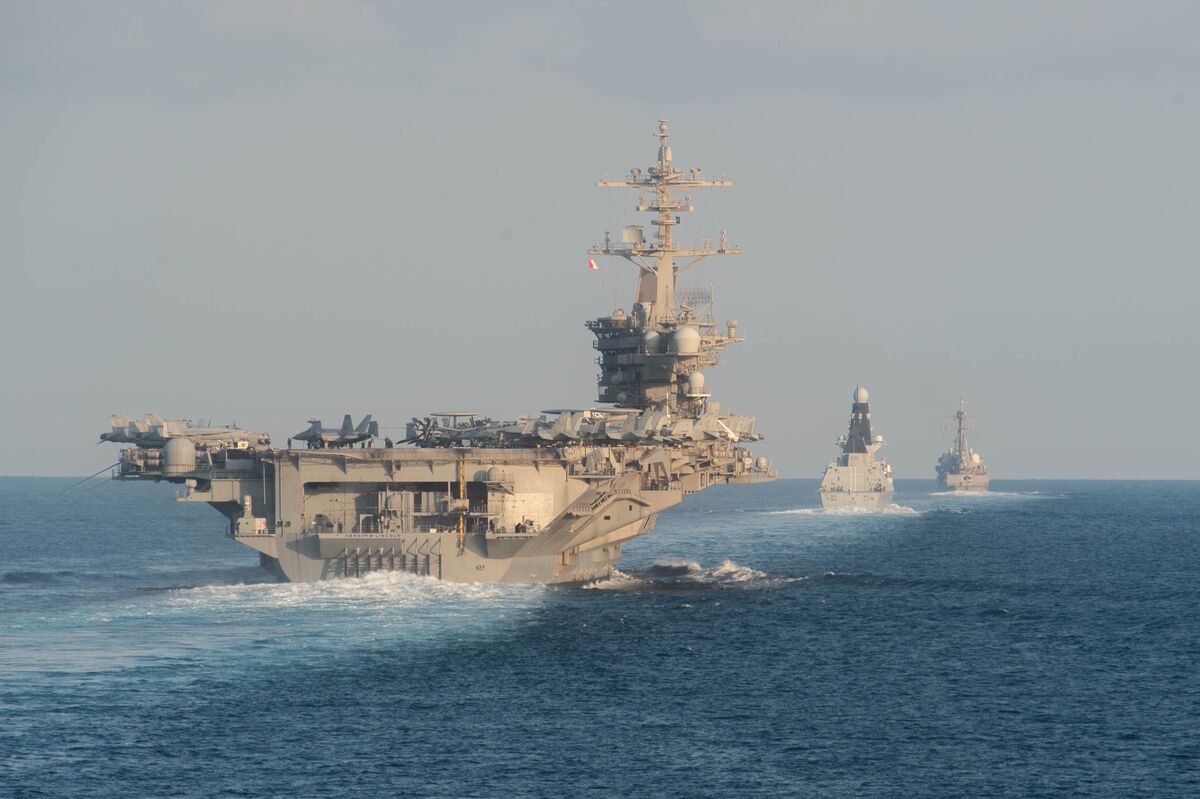The Strait of Hormuz, a narrow waterway connecting the Persian Gulf to the Gulf of Oman, has once again become a focal point of global concern. This crucial shipping route, responsible for transporting nearly 30% of the world's oil trade, is under renewed scrutiny following threats from Iran to retaliate against Israel for the recent assassination of a Hamas leader in Tehran.
The Strait's strategic importance has made it a frequent flashpoint for geopolitical tensions. Iran has a history of targeting merchant vessels transiting the waterway, and has previously threatened to block maritime traffic entirely. While Tehran has not explicitly threatened shipping through Hormuz in response to the recent incident, its active support for Houthi rebels in Yemen, who have engaged in attacks on vessels near the southern entrance to the Red Sea, highlights Iran's willingness to disrupt global shipping to achieve its objectives.
Concerns about potential disruptions to oil shipments through the Strait are particularly acute given the ongoing energy crisis. Any blockage or disruption of traffic could have significant repercussions on global energy markets, leading to higher oil prices and increased volatility. This, in turn, could have a ripple effect on the global economy, impacting inflation and economic growth.
The latest escalation of tensions has prompted renewed calls for de-escalation and dialogue. International powers have expressed concerns about the potential for conflict and urged all parties involved to exercise restraint. Meanwhile, maritime security agencies are on high alert, monitoring shipping activity in the Strait and implementing measures to mitigate potential risks.
The Strait of Hormuz remains a vital artery for global energy security, and any disruption to its traffic has far-reaching consequences. The current situation underscores the fragility of the region and the critical need for diplomatic efforts to prevent further escalation and ensure the free flow of oil through this crucial waterway.
Article
Business

Strait of Hormuz: Oil Lifeline Under Renewed Threat

